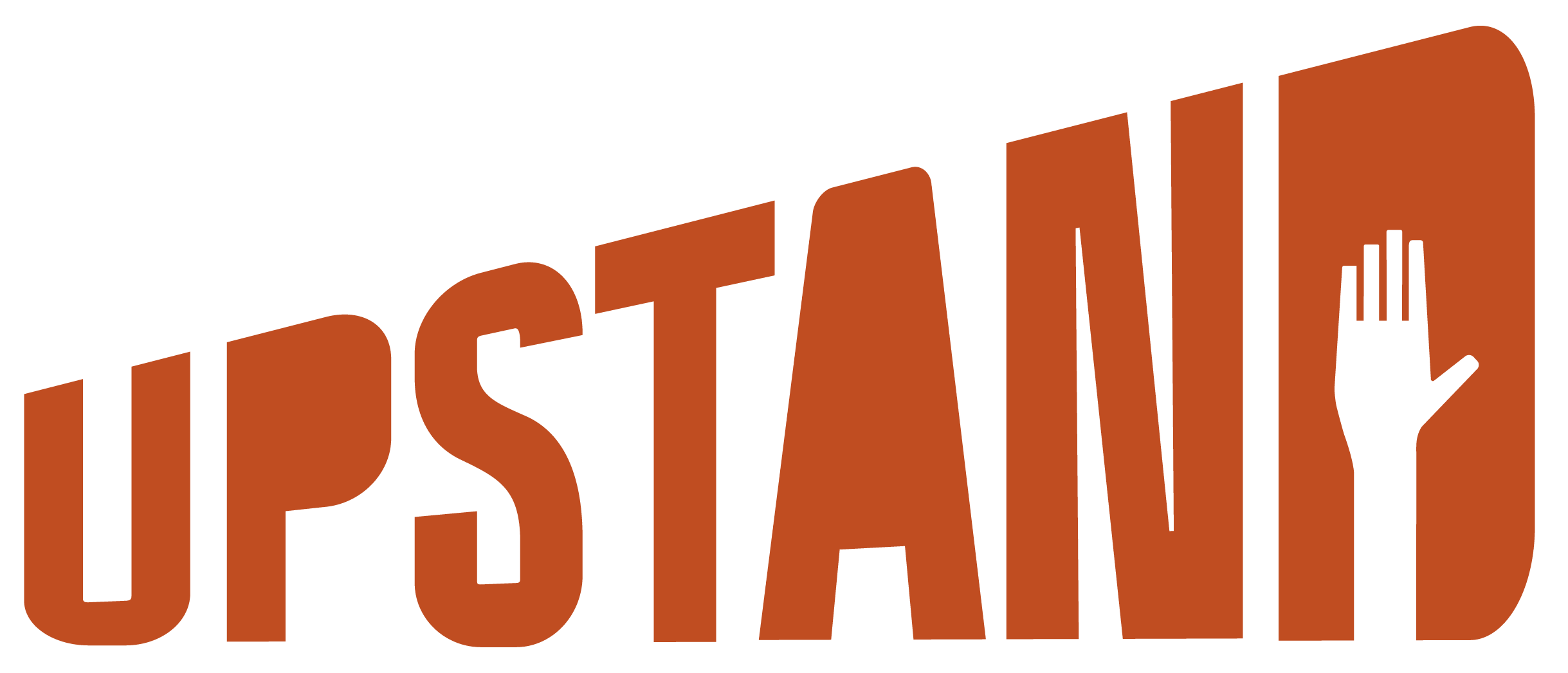What We Do
We make relationships the core of our strategy:

THEMATIC EXPERTISE
Disaster Risk Reduction and Disaster Preparedness
With human-caused climate change increasingly influencing the frequency and severity of natural hazards, our work aims to prevent harm. We adopt a disaster justice lens to ensure that disaster risk reduction and preparedness efforts are equitable, inclusive, and rooted in the principles of fairness and accountability. We map the root causes of vulnerability and identify local, cultural, and traditional practices that can strengthen communities’ ability to withstand adversity. We view anticipatory action and early intervention strategies as paramount to reduce the impacts of disasters and humanitarian aid dependency in low-income countries.
Migration, (Im)mobility and Displacement
We work to prevent harmful and dehumanising narratives and actions against all types of human movement. We focus on ways that can fulfil people’s needs and aspirations, facilitating their integration and social cohesion. We incorporate gendered dimensions of migration, attending to the challenges faced by women, girls, LGBTQ+ individuals, and other marginalized groups. We analyse and guide our work on migration and (im)mobilities in light of its links to development, conflict, colonialism, climate change, environmental and ecological degradation.
Climate Adaptation and Community Strengthening
Compound weather and climate events, including heatwaves, droughts, wildfires, and extreme precipitation, are posing critical challenges for achieving sustainable livelihoods as they increasingly impact land and ocean ecosystems. Marginalized and disadvantaged contexts often face challenges finding alternative ways to adapt due to their restricted access to land, resources, and participation in decision-making processes. We view adaptation as an integral component of disaster risk reduction and a means for communities to assert their right to stay. The range of adaptation strategies across sectors and regions calls for greater stakeholder cooperation and trust building, especially between governments and local communities. Our work aims to reduce the risk of maladaptation by leveraging the power of local people, while ensuring local allocation of funds and project ownership
Art, Communication and Education
Bridging science, policy, and community engagement requires creative and liberatory approaches that make complex issues tangible, accessible, and emotionally resonant. Participatory and visual research have the power to communicate what data alone cannot, shaping public discourse, enabling connection, and centering diverse voices. We work at the intersection of science, policy, and artistic practice to co-create new ways of understanding and addressing environmental and social challenges. We integrate creative, imaginative and dialogical methodologies to promote dialogue that moves beyond technical discussions. We prioritize inclusion, ensuring that traditionally excluded voices have a seat at the table and that their knowledge, stories, and creativity actively shape collective solutions.
ACTIONABLE EXPERTISE
Research, Analysis and Evaluation
- Situational and Systems Analysis
- Impact, Vulnerability and Risk Assessments
- Mixed-Methods Research and Evaluation
- Equity-Centered and Inclusive Research
- Monitoring, Evaluation, Accountability and Learning (MEAL)
Participatory Design and Facilitation
- Knowledge Co-creation
- Knowledge Brokerage
- Storytelling and Arts-Based Methods
- Participatory and Community-Centred Tools for Change
- Stakeholder Engagement
- Design Thinking and Systems Innovation
- Training Design and Facilitation
Policy and Strategic Support
- Governance and Institutional Support
- Policy Analysis and Advocacy
- Programme Strategy Development
- Organisational Development and Support
